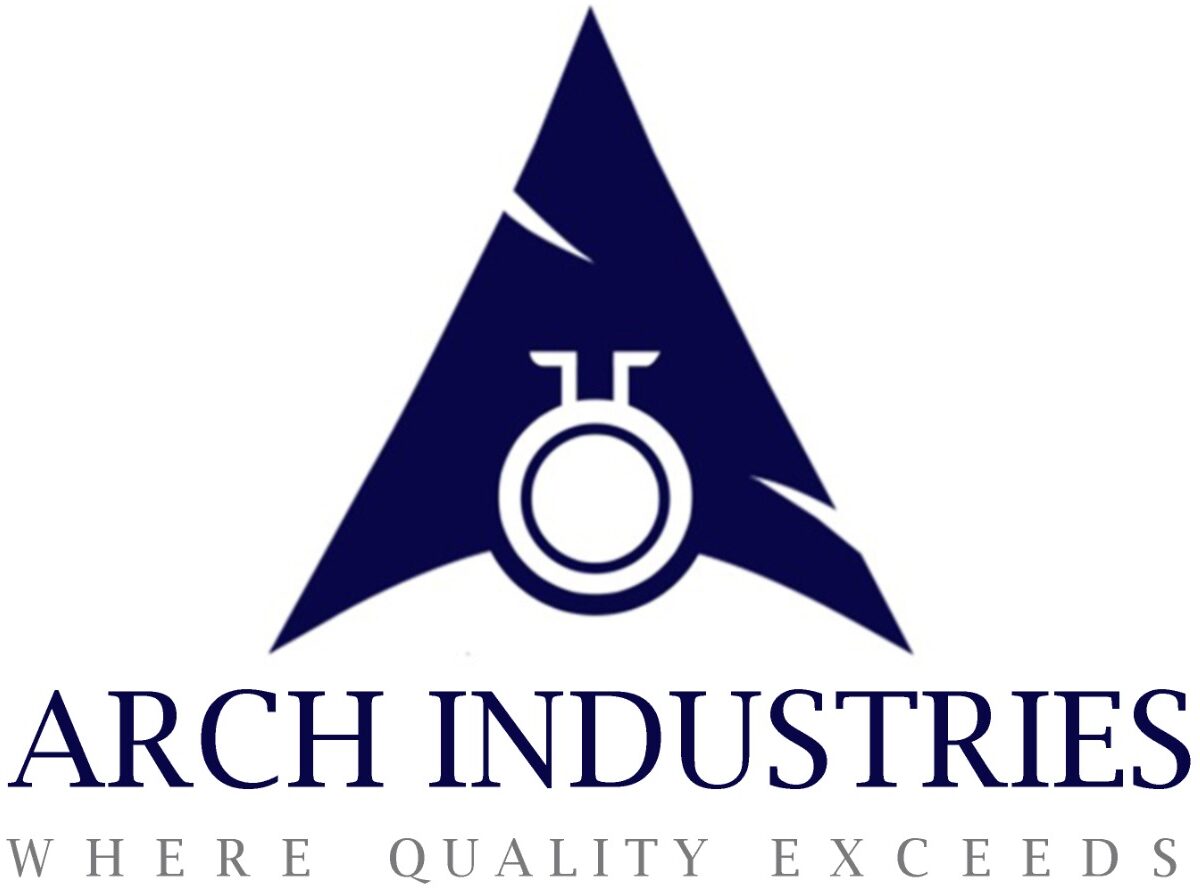Overview of Sodium Carbonate LR Grade
Sodium Carbonate, commonly known as soda ash, is a vital chemical compound widely used in various industries for its versatile properties. The “LR” in Sodium Carbonate LR Grade stands for “Laboratory Reagent,” indicating that this grade is of high purity and is specifically designed for use in laboratory applications.
This overview will delve into the characteristics, applications, and manufacturing process of Sodium Carbonate LR Grade, highlighting its significance in the scientific and industrial domains.
Characteristics of Sodium Carbonate LR Grade
Sodium Carbonate LR Grade is a white, odorless, crystalline powder that is highly soluble in water. It has a chemical formula of Na₂CO₃ and a molecular weight of 105.99 g/mol. This grade of sodium carbonate is known for its high purity, typically around 99% or higher, making it suitable for use in analytical and research laboratories.
The substance is stable under normal conditions but can absorb moisture from the air, forming a hydrated compound. It has an alkaline nature with a pH of around 11.5 in a 1% aqueous solution, making it an effective neutralizing agent.
Applications of Sodium Carbonate LR Grade
Sodium Carbonate LR Grade is used in various laboratory applications due to its high purity and consistency. Some of the key uses include:
- Titration and Analytical Chemistry: Sodium Carbonate LR Grade is commonly used as a primary standard in acid-base titrations due to its high purity and stable nature. It helps determine the concentration of acidic solutions in a laboratory setting.
- Buffer Preparation: This compound is often used to prepare buffer solutions in laboratories. Its alkaline properties make it an ideal choice for maintaining the pH of solutions.
- Cleaning and Degreasing: In research and industrial laboratories, Sodium Carbonate LR Grade is employed as a cleaning agent for glassware and equipment. Its ability to emulsify oils and fats makes it effective in removing contaminants.
- Chemical Synthesis: It is also used as a reagent in various chemical synthesis processes, where its high purity ensures accurate and reproducible results.
Manufacturing of Sodium Carbonate LR Grade
The manufacturing process of Sodium Carbonate LR Grade involves several stages to ensure its high purity and quality. The most common method used is the Solvay Process, which involves the following steps:
- Ammonia Recovery: The process begins with the recovery of ammonia from previous reactions. Ammonia is essential for reacting with carbon dioxide and sodium chloride to form sodium bicarbonate.
- Carbonation: Sodium bicarbonate is formed by bubbling carbon dioxide gas through a concentrated solution of sodium chloride (brine) in the presence of ammonia. The sodium bicarbonate precipitates out of the solution due to its lower solubility.
- Calcination: The precipitated sodium bicarbonate is then heated in rotary kilns to convert it into sodium carbonate, releasing water and carbon dioxide in the process.
- Purification: The resulting sodium carbonate is purified by recrystallization and other refining techniques to meet the high standards required for LR Grade.
- Quality Control: Stringent quality control measures are applied throughout the manufacturing process to ensure that the final product meets the required specifications for purity, composition, and performance.
Specification Of Sodium Carbonate LR Grade:
- Chemical Formula: Na₂CO₃
- Purity: ≥ 99%
- Appearance: White, odorless powder
- Molecular Weight: 105.99 g/mol
- pH: 11.6 (1% solution at 25°C)
- Solubility: Soluble in water, insoluble in alcohol
- Melting Point: 851°C
Features of Sodium Carbonate
- High Purity: Ensures accurate and reliable results in laboratory experiments.
- Consistent Quality: Manufactured under stringent quality controls for consistent performance.
- Stable Composition: Long shelf life with stable chemical properties.
- Non-toxic and Safe: Safe to handle with proper lab safety measures.
Usages
- Laboratory Reagent: Widely used as a primary standard for acid-base titrations.
- Buffer Preparation: Utilized in the preparation of buffer solutions for various chemical analyses.
- pH Adjustment: Used to adjust the pH levels in biochemical and chemical experiments.
- Cleaning Agent: Acts as an effective cleaning agent for removing grease, oil, and protein residues in laboratory equipment.
- Water Softening: Employed in water treatment processes to soften water by removing calcium and magnesium ions.
- Glass Manufacturing: Used in the production of glass as a fluxing agent to lower the melting point of silica.
Conclusion
Sodium Carbonate LR Grade is an essential reagent in laboratories and industries due to its high purity and versatile applications. Whether used in analytical chemistry, buffer preparation, or cleaning, its consistent quality makes it a reliable choice for precise and accurate results. The meticulous manufacturing process ensures that this compound meets the stringent standards required for laboratory reagents, solidifying its role as a cornerstone in scientific research and industrial processes.

